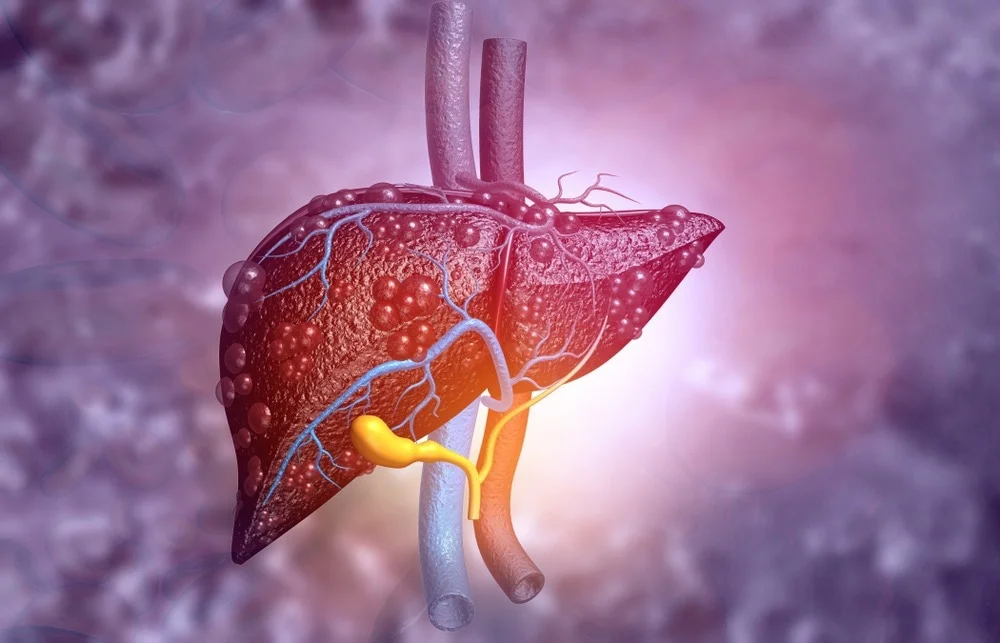Carbamoyl phosphate synthetase deficiency (CPS1 deficiency) is a rare genetic disorder that disrupts the urea cycle, leading to an inability to effectively eliminate ammonia from the body. As a result, toxic levels of ammonia, a condition known as hyperammonemia, can accumulate in the blood. This disorder typically manifests in infancy but may present later in life in milder forms.

The Role of Carbamoyl Phosphate Synthetase 1 in Metabolism
Carbamoyl phosphate synthetase 1 (CPS1) is an essential enzyme in the urea cycle, which occurs in the mitochondria of liver cells. This enzyme catalyzes the formation of carbamoyl phosphate, a critical step in converting nitrogen waste into urea for excretion through urine.
Here is a simplified representation of the urea cycle:
Causes of CPS1 Deficiency
CPS1 deficiency is inherited in an autosomal recessive manner. Mutations in the CPS1 gene result in reduced or absent activity of the CPS1 enzyme, impeding the urea cycle. This leads to hyperammonemia, as the body cannot efficiently process and excrete ammonia.
Genetic Mutations
- Over 220 pathogenic variants of the CPS1 gene have been identified.
- These mutations may affect enzyme structure, function, or expression.
Symptoms of CPS1 Deficiency
Neonatal-Onset CPS1 Deficiency
- Vomiting
- Lethargy
- Poor feeding
- Hypothermia
- Seizures
- Coma
Late-Onset CPS1 Deficiency
- Behavioral changes
- Confusion
- Protein aversion
- Neurological symptoms (e.g., ataxia, developmental delays)
Diagnosis of CPS1 Deficiency
Laboratory Tests
- Plasma Ammonia Levels: Elevated levels are a key indicator.
- Amino Acid Profile: Decreased levels of citrulline may suggest CPS1 deficiency.
Genetic Testing
- Identification of mutations in the CPS1 gene confirms the diagnosis.
Additional Tests
- Liver Biopsy: Used to measure CPS1 enzyme activity in rare cases.
Treatment Options for CPS1 Deficiency
Acute Management
- Ammonia Scavengers: Sodium phenylbutyrate and sodium benzoate help reduce ammonia levels.
- Dialysis: Rapidly lowers ammonia in severe cases.
Long-Term Management
- Dietary Restrictions: Low-protein diet with essential amino acid supplementation.
- Arginine or Citrulline Supplementation: Supports urea cycle function.
- Liver Transplantation: Considered in severe cases where enzyme replacement is not effective.
Prognosis and Long-Term Outlook
The prognosis depends on the severity and timing of treatment. Early intervention improves outcomes significantly. Without treatment, severe cases can lead to irreversible neurological damage or death.